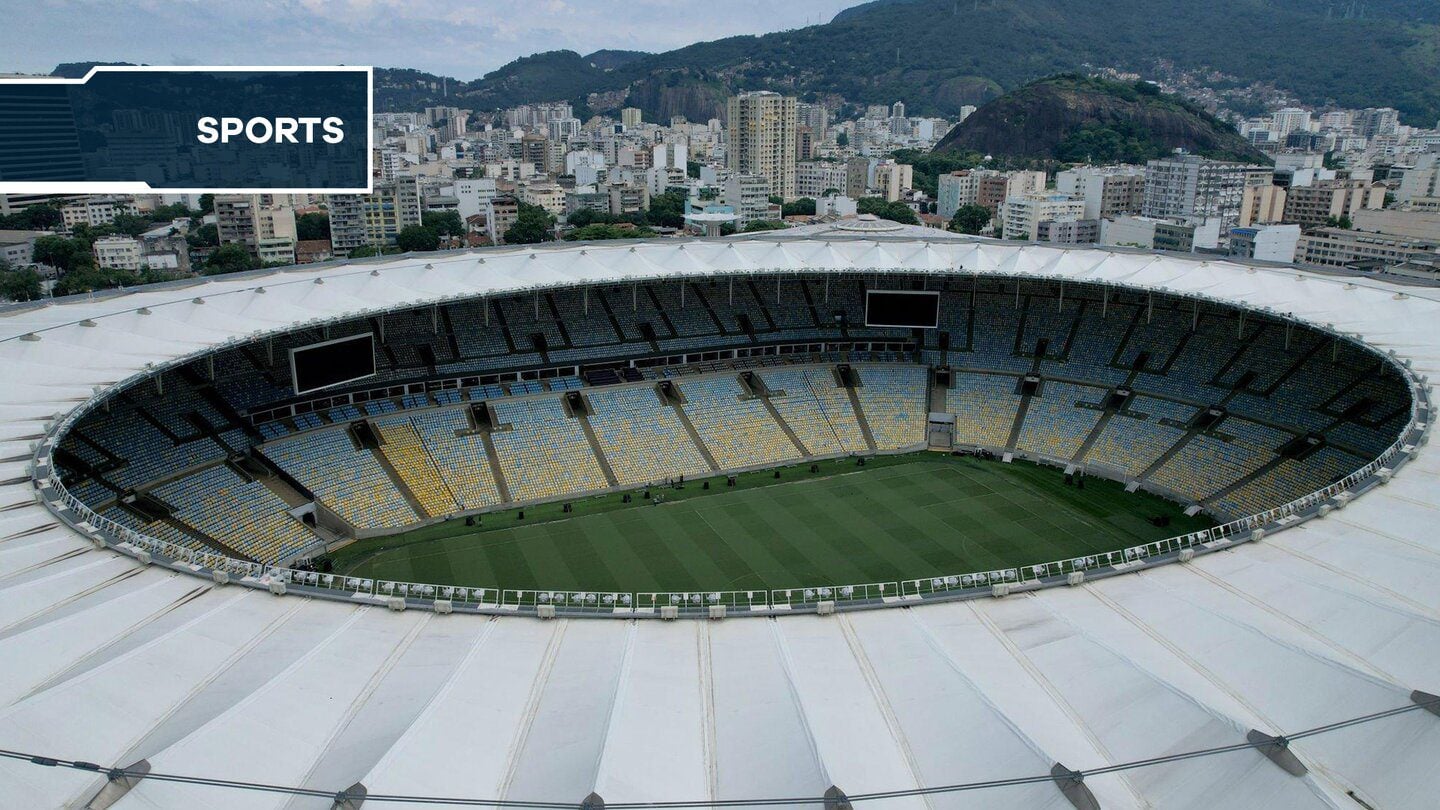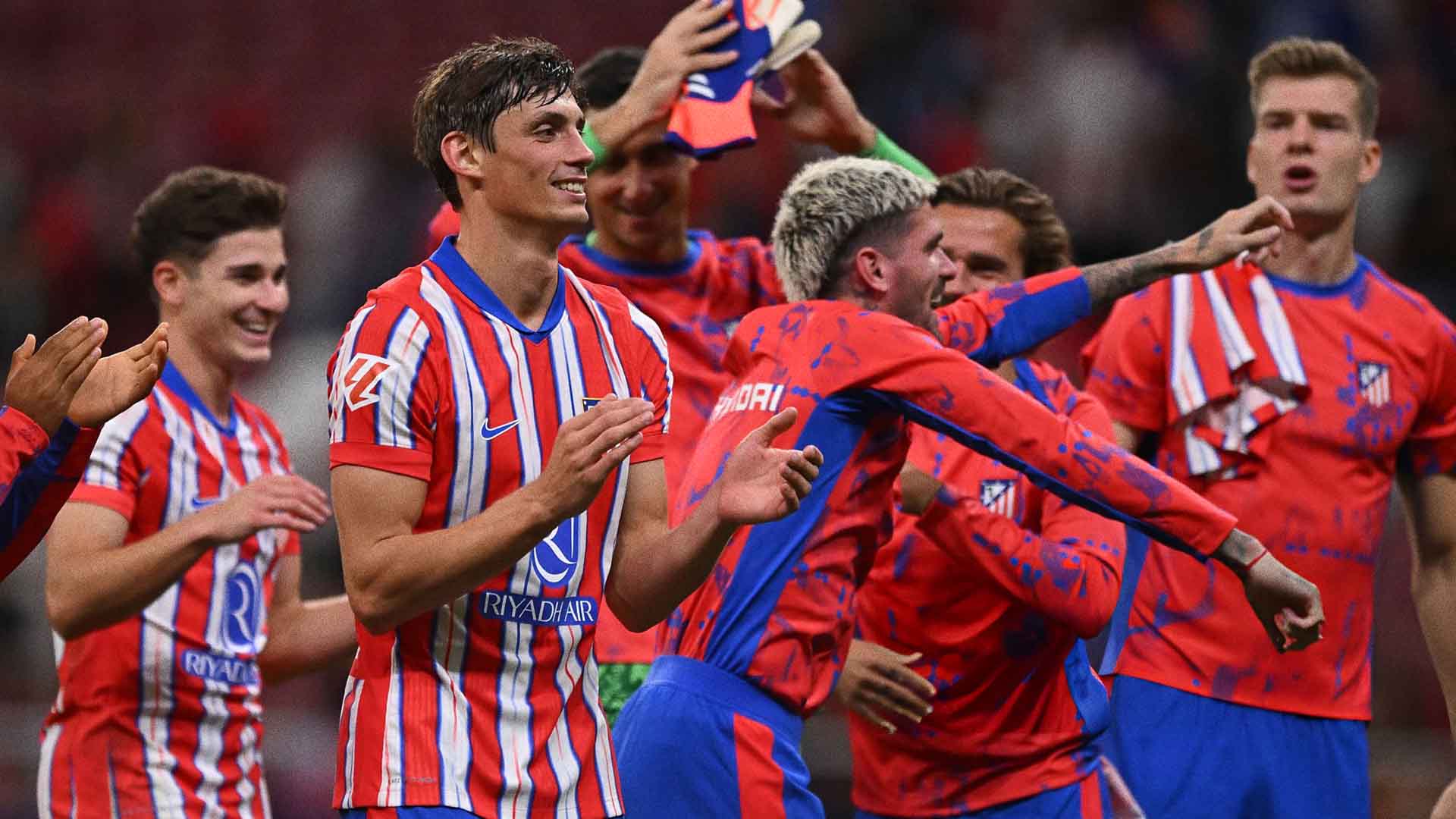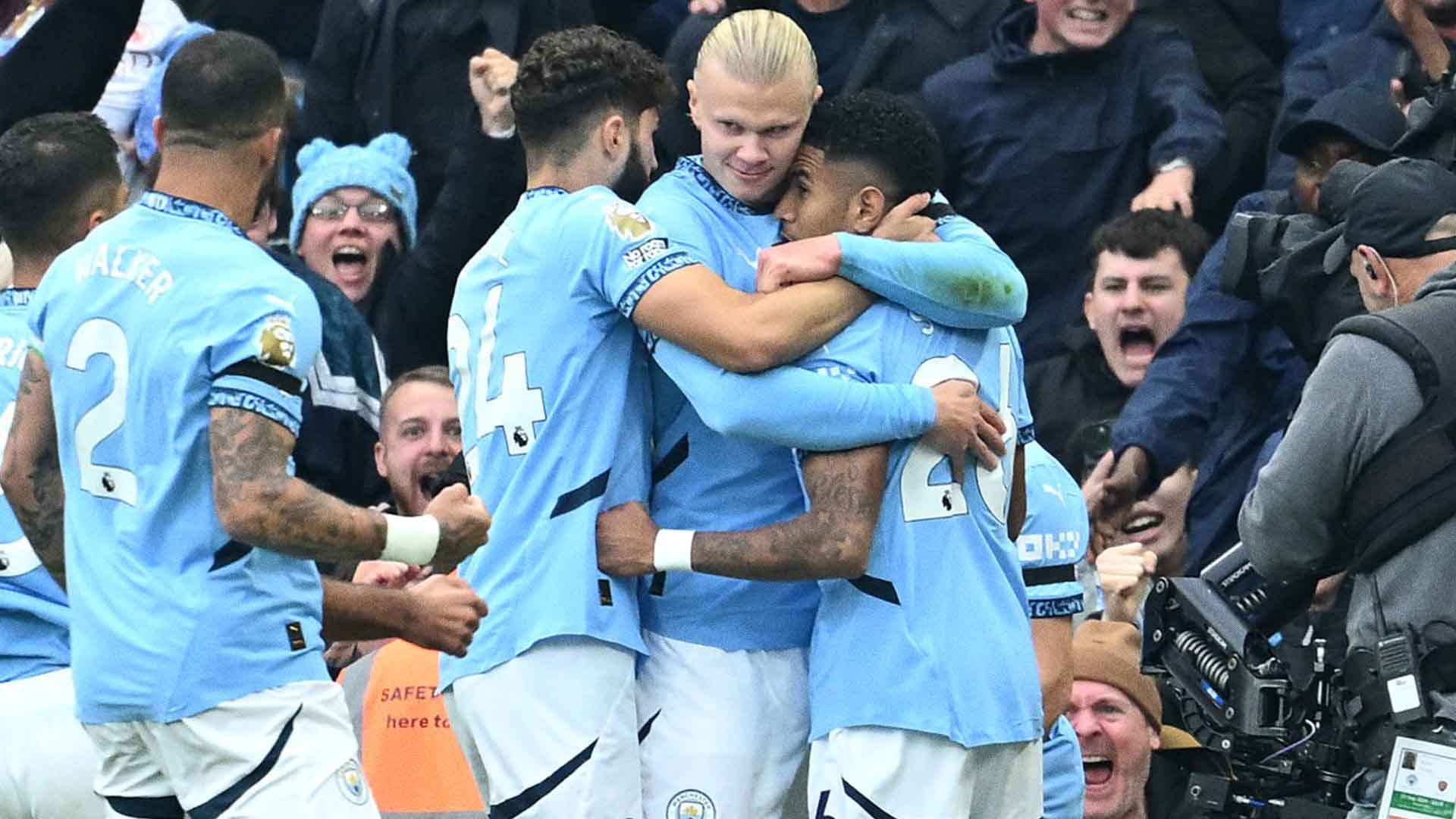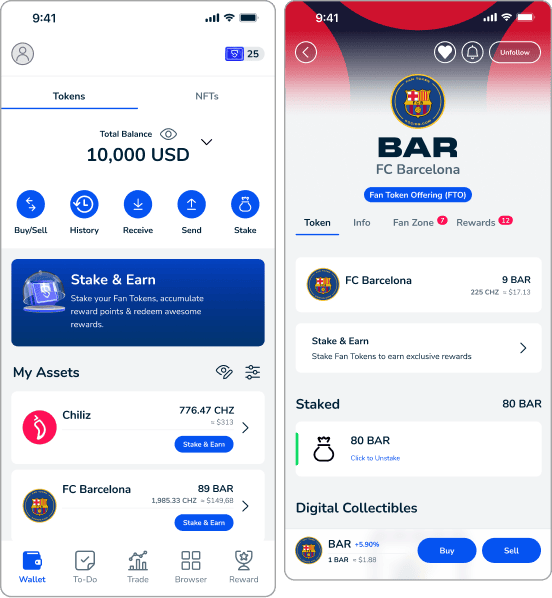Immerse yourself in the rich history of the Copa Libertadores, the most prestigious football tournament in South America. In this article, we’ll explore key milestones, winners, legendary rivalries, and the cultural impact of this iconic tournament that has left an indelible mark on the world of football.
Copa Libertadores’ Origins and Foundation
A region awash with footballing culture, a football tournament to decide the best club team in South America first came to fruition in 1960 but the seeds for such a competition was established several decades earlier as the Copa Aldao was contested by the leading clubs of Argentina and Uruguay.
At a UEFA meeting in 1958, João Havelange announced that South America would follow Europe by creating a continental club competition that would ultimately lead to the Intercontinental Cup where the winners of both continents would battle it out to become the world’s best club side.
Uruguay’s Penarol were the tournament’s first winners as they beat Olimpia of Paraguay in the inaugural final which was named the American Champions Cup before it became the Copa Libertadores in 1965 as a tribute to the heroes of South America’s liberation.
Stages and Tournament Format
Several ways exist to enter the Copa Libertadores but the most common path to entry is via table position in each country’s individual league.
The current version of the tournament includes 47 clubs going through two stages before finally reaching the knockout format of the competition.
From 1960 until 2004, winners of the Copa Libertadores participated in the Intercontinental Cup against the European Cup/Champions League victors. Since 2005, the World Club Championship is the reward for the winners as they compete against club sides from various confederations with European and South American sides still being the standout teams.
Champions of the Copa Libertadores
Since its inception, Argentina’s leading sides have enjoyed the most success with Independiente winning seven titles and Boca Juniors on six.
Brazil’s club sides have also performed very well with Sao Paulo, Palmeiras, Santos, Gremio, and Flamengo all winning three titles.
Penarol are the competitions third best performer with five titles going back to Uruguay due to their past excellence.
Below is a full list of winners
Year, Winner / Country, Runner-up
2022, Flamengo (Brazil), Atlético Paranaense (Brazil)
2021, Palmeiras (Brazil), Flamengo (Brazil)
2020, Palmeiras (Brazil), Santos (Brazil)
2019, Flamengo (Brazil), River Plate (Argentina)
2018, River Plate (Argentina), Boca Juniors (Argentina)
2017, Grêmio (Brazil), Lanús (Argentina)
2016, Atlético Nacional (Colombia), Independiente del Valle (Ecuador)
2015, River Plate (Argentina), UANL (Mexico)
2014, San Lorenzo (Argentina), Nacional (Paraguay)
2013, Atlético Mineiro (Brazil), Olimpia (Paraguay)
2012, Corinthians (Brazil), Boca Juniors (Argentina)
2011, Santos (Brazil), Peñarol (Uruguay)
2010, Internacional (Brazil), Guadalajara (Mexico)
2009, Estudiantes (Argentina), Cruzeiro (Brazil)
2008, LDU Quito (Ecuador), Fluminese (Brazil)
2007, Boca Juniors (Argentina), Grêmio (Brazil)
2006, Internacional (Brazil), São Paulo FC (Brazil)
2005, São Paulo FC (Brazil), Atlético Paranaense (Brazil)
2004, Once Caldas (Colombia), Boca Juniors (Argentina)
2003, Boca Juniors (Argentina), Santos FC (Brazil)
2002, Olimpia (Paraguay), São Caetano (Brazil)
2001, Boca Juniors (Argentina), Cruz Azul (Mexico)
2000, Boca Juniors (Argentina), Palmeiras (Brazil)
1999, Palmeiras (Brazil), Deportivo Cali (Colombia)
1998, Vasco da Gama (Brazil), Barcelona Sporting (Ecuador)
1997, Cruzeiro (Brazil), Sporting Cristal (Peru)
1996, River Plate (Argentina), América de Cali (Colombia)
1995, Grêmio (Brazil), Atlético Nacional (Colombia)
1994, Vélez Sársfield (Argentina), São Paulo FC (Brazil)
1993, São Paulo FC (Brazil), Universidad Católica (Chile)
1992, São Paulo FC (Brazil), Newell’s Old Boys (Argentina)
1991, Colo Colo (Chile), Olimpia (Paraguay)
1990, Olimpia (Paraguay), Barcelona Sporting (Ecuador)
1989, Atlético Nacional (Colombia), Olimpia (Paraguay)
1988, Nacional (Uruguay), Newell’s Old Boys (Argentina)
1987, Peñarol (Uruguay), América de Cali (Colombia)
1986, River Plate (Argentina), América de Cali (Colombia)
1985, Argentinos Juniors (Argentina), América de Cali (Colombia)
1984, Independiente (Argentina), Grêmio (Brazil)
1983, Grêmio (Brazil), Peñarol (Uruguay)
1982, Peñarol (Uruguay), Cobreloa (Chile)
1981, Flamengo (Brazil), Cobreloa (Chile)
1980, Nacional (Uruguay), Internacional (Brazil)
1979, Olimpia (Paraguay), Boca Juniors (Argentina)
1978, Boca Juniors (Argentina), Deportivo Cali (Colombia)
1977, Boca Juniors (Argentina), Cruzeiro (Brazil)
1976, Cruzeiro (Brazil), River Plate (Argentina)
1975, Independiente (Argentina), Unión Española (Chile)
1974, Independiente (Argentina), São Paulo FC (Brazil)
1973, Independiente (Argentina), Colo Colo (Chile)
1972, Independiente (Argentina), Universitario (Peru)
1971, Nacional (Uruguay), Estudiantes (Argentina)
1970, Estudiantes (Argentina), Peñarol (Uruguay)
1969, Estudiantes (Argentina), Nacional (Uruguay)
1968, Estudiantes (Argentina), Palmeiras (Brazil)
1967, Racing Club (Argentina), Nacional (Uruguay)
1966, Peñarol (Uruguay), River Plate (Argentina)
1965, Independiente (Argentina), Peñarol (Uruguay)
1964, Independiente (Argentina), Nacional (Uruguay)
1963, Santos (Brazil), Boca Juniors (Argentina)
1962, Santos (Brazil), Peñarol (Uruguay)
1961, Peñarol (Uruguay), Palmeiras (Brazil)
1960, Peñarol (Uruguay), Olimpia (Paraguay)
Historical Rivalries
The biggest rivalry that exists in South American football is arguably the Superclasico between Boca Juniors and River Plate and the fixture has contested the biggest game in the continent’s premier competition.
In 2018, the teams collided in a memorable final that was won by River Plate who dominated their Buenos Aires rivals over two legs with a 5-3 aggregate victory in a special final played at the historical Santiago Bernabéu stadium in Madrid.
In recent times, Brazil’s leading sides have frequently won the competition and numerous all Brazil finals have taken place with Palmeiras winning back-to-back finals from 2020 with wins against Santos and Flamengo.
Precisely, the reigning champions are Brazilian club Flamengo, who won the title after beating Boca Juniors in a thrilling match at the Maracana Stadium.
Great Moments at Copa Libertadores and Heroes
Santos’ memorable 5-3 aggregate win over Boca Juniors ensured the Brazilian side retained the crown with the final perhaps remembered for Pele making his mark on the tournament with a goal in the defining game.
In 2000, a young Juan Roman Riquelme announced himself to the world with a stunning display to help Boca Juniors defeat Palmeiras.
Both legs ended in a draw so it was penalties that would decide the tournament which allowed Boca keeper Oscar Cordoba to become a hero for his club with two saves.
The aforementioned final between Boca Juniors and River Plate in Madrid in 2018 is also a moment that will go down in the history of the competition.
Ecuador’s Alberto Spencer is the competitions leafing goalscorer with 54 goals whilst representing Penarol and Barcelona.
Another Penarol player, Fernando Morena is second on the list with 37 goals.
Paraguay’s Ever Almeida holds the record for most appearances in the competition after representing Olimpia 113 times.






